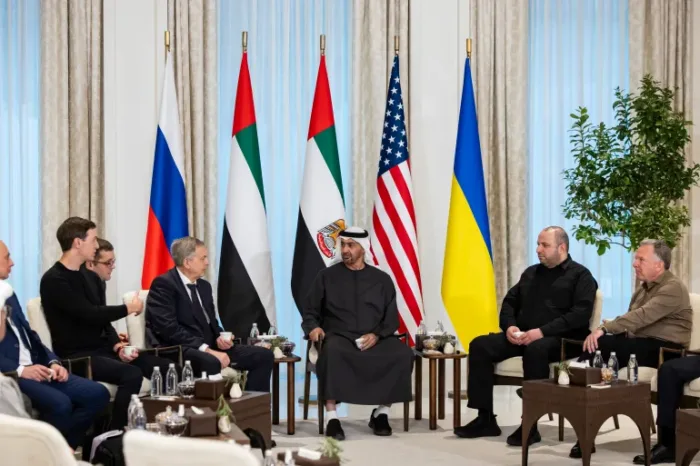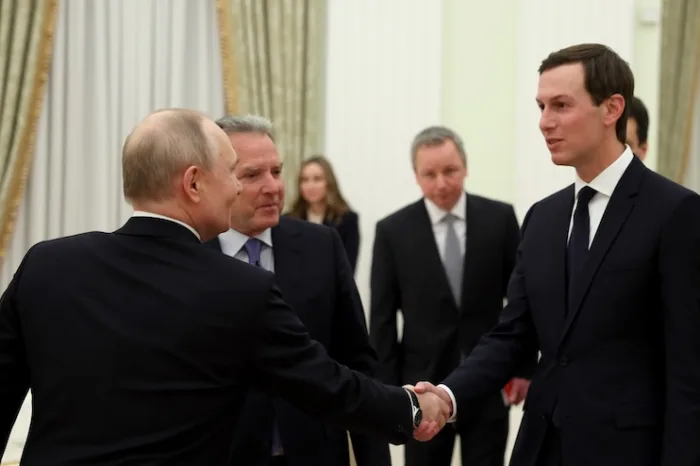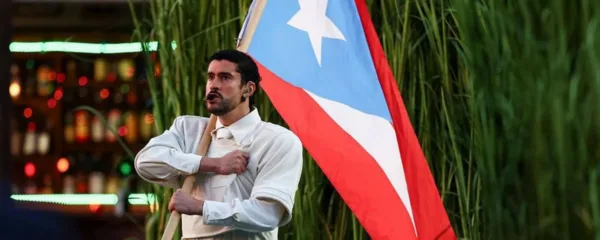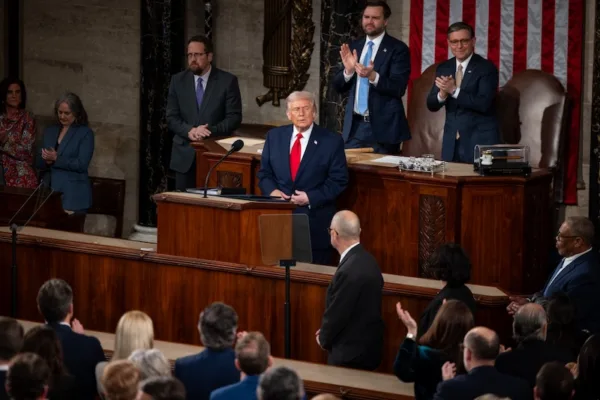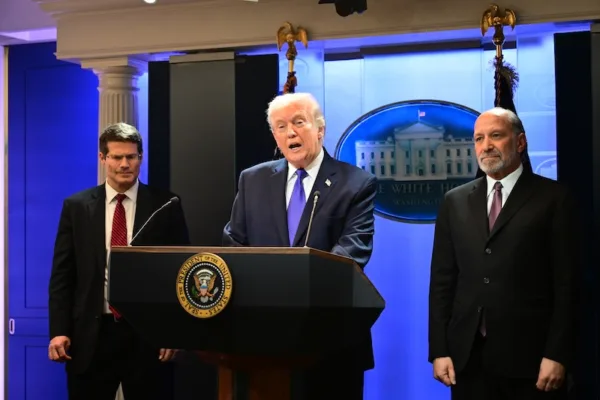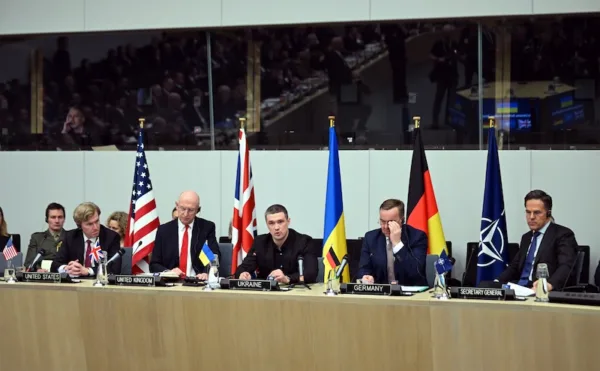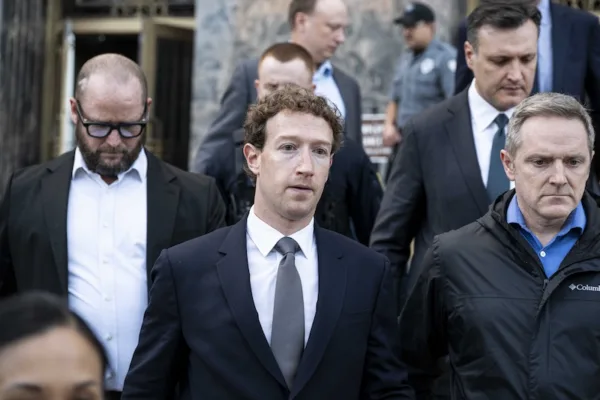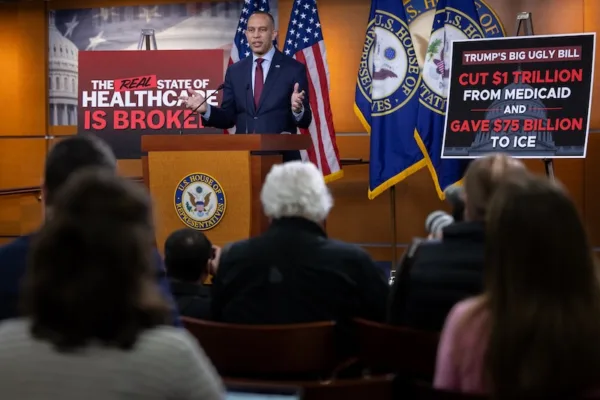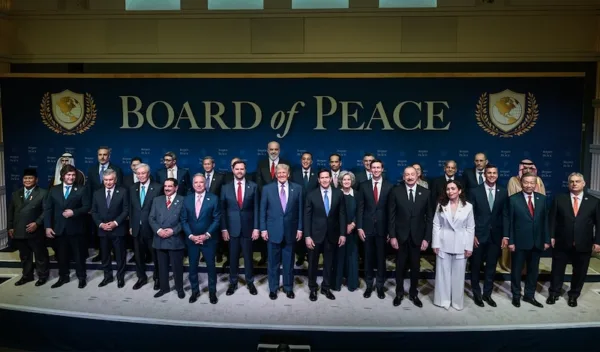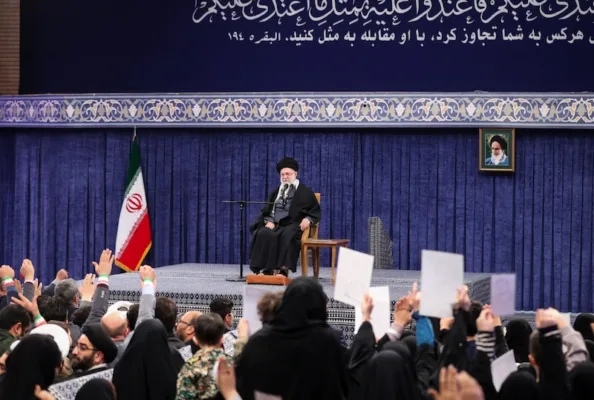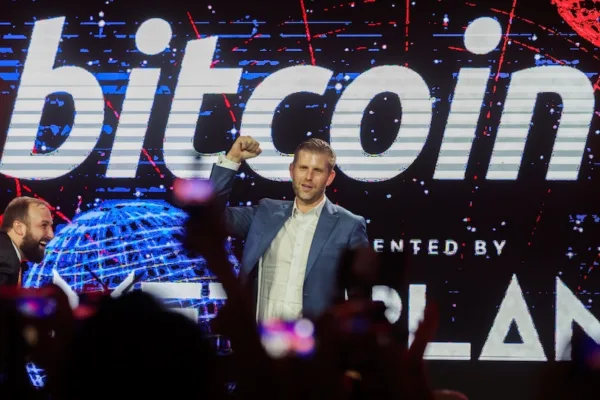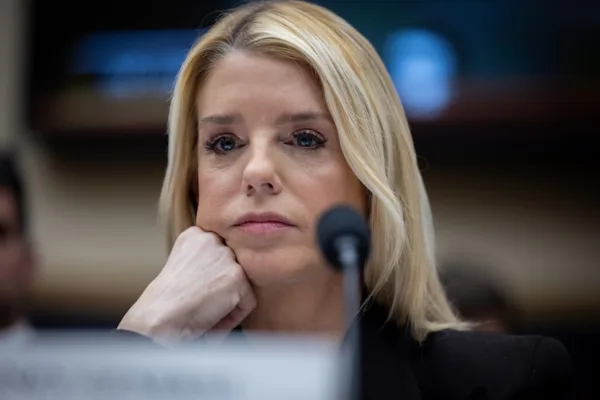Grain corridor, summits and Turkey’s policy

“The Initiative on the Safe Transportation of Grain and Foodstuffs from Ukrainian Ports” was concluded at Istanbul’s Dolmabahçe Palace on July 22, with Turkey and the United Nations serving as mediators. The agreement that “will save millions of people from having to pay unaffordable prices for food” was reached after challenging and lengthy discussions. Under the initiative, the parties agreed to establish a joint operation center in Istanbul for the transportation of grain.
That achievement, which unblocked Ukraine’s ports and secured the delivery of more than 20 million tons of grain, was largely due to President Recep Tayyip Erdoğan’s “determined” efforts – which The Economist described as “walking a geopolitical tightrope.” What mistaken commentary!
The grain corridor could be opened only because Turkey established trust with Ukraine and Russia to engage in negotiations. The country did not earn Kyiv and Moscow’s trust by coincidence or by “walking a geopolitical tightrope.” The initiative was the product of Turkey’s policy toward both nations, before and during the war, as well as the new developments that the war has entailed. Moreover, the agreement was reached thanks to Erdoğan’s diplomatic efforts in response to great power competition, which gained momentum amid a global transition to multipolarism.
Undoubtedly, the creation of a grain corridor has been the single most encouraging development since the Russia-Ukraine war started. Many more steps need to be taken, however, to establish a cease-fire and, subsequently, peace. Turkey will keep launching diplomatic initiatives with that goal in mind. Indeed, Erdoğan stressed at the signature ceremony that “there are no winners in war” and called for a “just peace.”
Unfortunately, the parties to that war (and their supporters) remain able and determined to keep fighting – which offers little hope for achieving peace anytime soon.
The Russian invasion of Ukraine and the Western reaction to that development not only amounted to war or a security crisis in Europe. In truth, a new international atmosphere has been emerging out of that occupation and its aftermath: The simultaneous energy, food, and commodity crises are deemed capable of triggering a global recession. More importantly, experts claim that a new cold war has begun between the West and Russia. Those analysts stress that the Western hegemony has ended and a new great power competition is underway in a multipolar environment.
That fresh rivalry gives rise to a situation unlike the Cold War between the West and the Soviet Union. The Biden administration’s “democracies versus authoritarians” discourse failed to generate enough ideological capital to replace the “communist threat.” Global and regional powers, including China and India, not only refused to become party to the polarization between the West and Russia but also launched certain initiatives to create a new geopolitical atmosphere. At the same time, Russia’s ability to resist isolation expedites the transition to the “post-Western period” and multipolarism. As such, the rivalry between the United States and China – which is the actual subject of great power competition – has reached a new stage.
Believing that insisting on Russia’s isolation could perpetuate the rapprochement between Beijing and Moscow, policy experts in Washington remain concerned. Indeed, the Western attempt to isolate Russia won’t be effective unless and until Moscow gives up. Meanwhile, the Russians opt to make up for their deteriorating relations with Western governments by reaching out to others around the world. The Tehran summit certainly demonstrated that Russia has not given up on its ambitions in the Middle East. As such, it is necessary to interpret the most recent summits in Jeddah and Tehran as a sign of regional powers embracing a new brand of politics. In other words, the traditional approach – rival alliances – has lost its validity.
For the record, Erdoğan’s Turkey is among those nations most prepared for an international arena full of uncertainty and competition. The most significant change that occurred in Turkish foreign policy over the last five or six years related to Ankara’s approach to regional and global crises. In the wake of the Russian invasion of Ukraine, Turkey’s diplomatic efforts and the resulting opening of the “grain corridor” attracted the attention of governments around the world.
Some of the practices, which facilitated Erdoğan’s achievement at Dolmabahçe, are as follows:
- Engaging in proactive diplomacy by maintaining his ability to speak to all parties before and after the crisis,
- Managing conflicting interests amid tensions between competition and cooperation,
- Taking advantage of leader-level international summits, in addition to discussions among diplomats, to oversee challenging processes,
- Strengthening existing alliances and improving bilateral relations, instead of pursuing polarization or new alliances, while compartmentalizing the relevant relationships,
- Engaging the various issues, which were previously compartmentalized, through fresh negotiations during periods of geopolitical change.


